
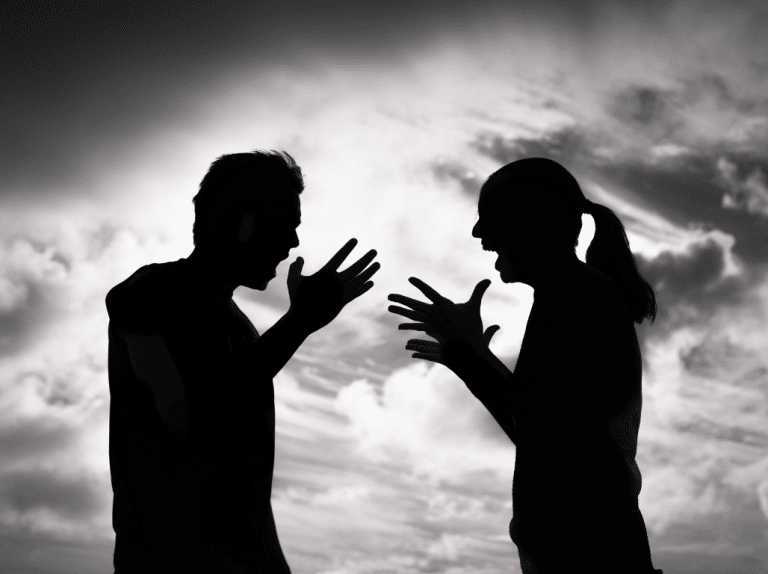
Know this, if you are in an abusive relationship, there is no shame in that and it happens to many people. The main question is, are you safe and are you aware of all the abuse taking place? See, abuse can be confusing. It’s not always clear what’s going on, especially if someone is very manipulative. So, it’s essential to know the signs and symptoms and what steps should you take if you think you are in danger. If you or someone you love is suffering from the behavior described below, be aware that the situation needs attention.
This may have happened to you. Your partner apologizes and says the hurtful behavior won’t happen again, but you fear it will. At times you wonder whether you’re imagining the abuse, yet the emotional or physical pain you feel is real. If this sounds familiar, you might be experiencing domestic violence.
Domestic violence — also called intimate partner violence — occurs between people in an intimate relationship. Domestic violence can take many forms, including emotional, sexual and physical abuse and threats of abuse. Men are sometimes abused by partners, but domestic violence is most often directed toward women. Domestic violence can happen in heterosexual or same-sex relationships.
It might not be easy to identify domestic violence at first. While some relationships are clearly abusive from the outset, abuse often starts subtly and gets worse over time. You might be experiencing domestic violence if you’re in a relationship with someone who:
If you’re lesbian, bisexual or transgender, you might also be experiencing domestic violence if you’re in a relationship with someone who:
Sometimes domestic violence begins — or increases — during pregnancy, putting your health and the baby’s health at risk. The danger continues after the baby is born. Even if your child isn’t abused, simply witnessing domestic violence can be harmful. Children who grow up in abusive homes are more likely to be abused and have behavioral problems than are other children. As adults, they’re more likely to become abusers or think abuse is a normal part of relationships. You might worry that seeking help will further endanger you and your child or that it might break up your family, but it’s the best way to protect your child — and yourself.
If you’re in an abusive situation, you might recognize this four-stage cycle of abuse:
The longer you stay in an abusive relationship, the greater the physical and emotional toll. For immediate help, call the National Domestic Violence Hotline: 800-799-SAFE (800-799-7233).
If you love ROR content:
Check out 100
Tips For Growing Up
Follow us on Instagram
Like us on Facebook
Comment on our posts


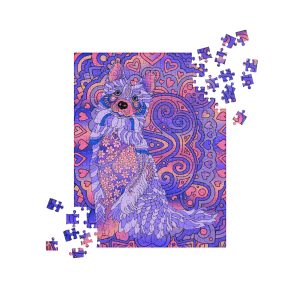
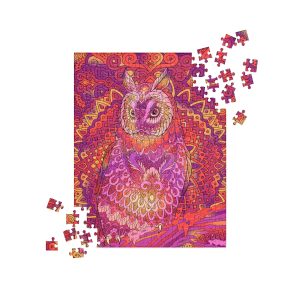



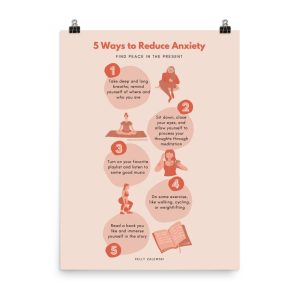
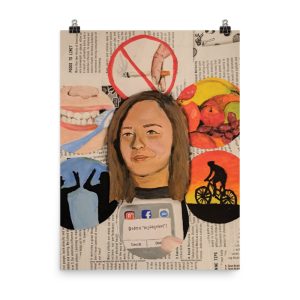
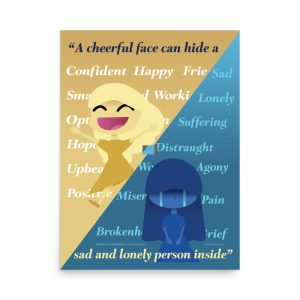
Copyright © 2023 Reach Out Recovery Services LLC | Terms and Conitions |. Site by Quadshot Digital